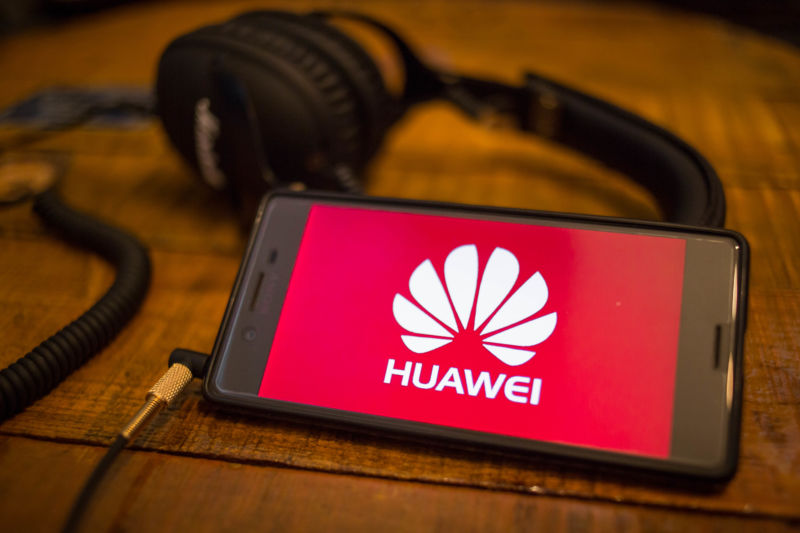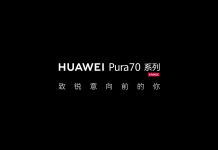Huawei has become the major sufferer between the US-China trade war. The company smartphone sales have been affected by 50% in the last few weeks. Multiple carrier networks across different countries have postponed sales of the newly launched Huawei devices. Most of the US companies, including Google, Qualcomm, Intel, and others have cut ties with the Huawei. The Chinese company will no longer have access to the Android Operating system after the temporary 90 days of relaxation. However, it will depend on the Android Open Source Project for updates.
Huawei has been through crests and troughs since the imposition of the ban. Except for Southeast Asia, most of the US allies have withdrawn dealings with the Chinese telecom instrument provider. The countries like Australia, Germany, New Zealand, and others have barred the Huawei to participate in the 5G network testing. Whereas, the Southeast Asian countries like Malaysia, Thailand, and the all-time US ally – Philippines have welcomed the company.
Particularly in the Philippines, Huawei is a significant investor; they have developed surveillance in the high-tech Bonifacio Global City. The advanced city consists of various sky scrappers and tree-lined beautiful streets. The whole city is furnished by Huawei with more than 200 high-definition security cameras. The entire system depends on the Huawei due to its cheap and quality products which have lured the country to disregard the US Ban.

Editor’s Desk: Huawei vs. the US: What’s Happening Right Now?
The surveillance system is just a single example out of many investments which are paving the way for deep interaction between Huawei and Philippines. These are some main reasons behind ignoring the US ban on using the Huawei equipment. It signifies the weakening US influence in the region.
“There’s a skepticism of whether the U.S. arguments about the nefarious nature of Huawei and its connections to the Chinese government are actually valid,” Brian Harding, a fellow at the Center for Strategic and International Studies in Washington said. “And there’s a frustration the U.S. government isn’t bringing a viable alternative to the table.”
Huawei is also magnifying its offers and services at affordable prices to lure the region which has emerged as a breeding place for tech companies. The company is also actively testing the 5G network across these countries. “Huawei has established its reputation for value-for-money networking equipment and that is highly attractive to developing and growth markets,” said John Ure, director of the Telecommunications Research Project at the University of Hong Kong.
Although, the Malaysian Prime Minister Mahathir Mohamad also denied support to the US allegations. Humorously, he said, ” What is there to spy in Malaysia?”
Another critical US Ally, Thailand, is also testing 5G network with Huawei. The government in the Land of Smiles have awarded an opportunity to the Chinese maker to develop the 5G network. Japan is the only country barring Huawei from 5G contracts.
On the other hand, the US officials said that they would stop sharing information with countries using Huawei for 5G technology. Overall, it is difficult to predict what is going to happen in the future. We have to wait and watch to see how the whole situation unfolds itself.
Huawei is getting ready to face the hardened situation. They have stockpiled crucial components for 12 months.
We welcome your views via the comments below.
Up Next: Huawei delays goal of being world’s number 1 smartphone maker
(source)







